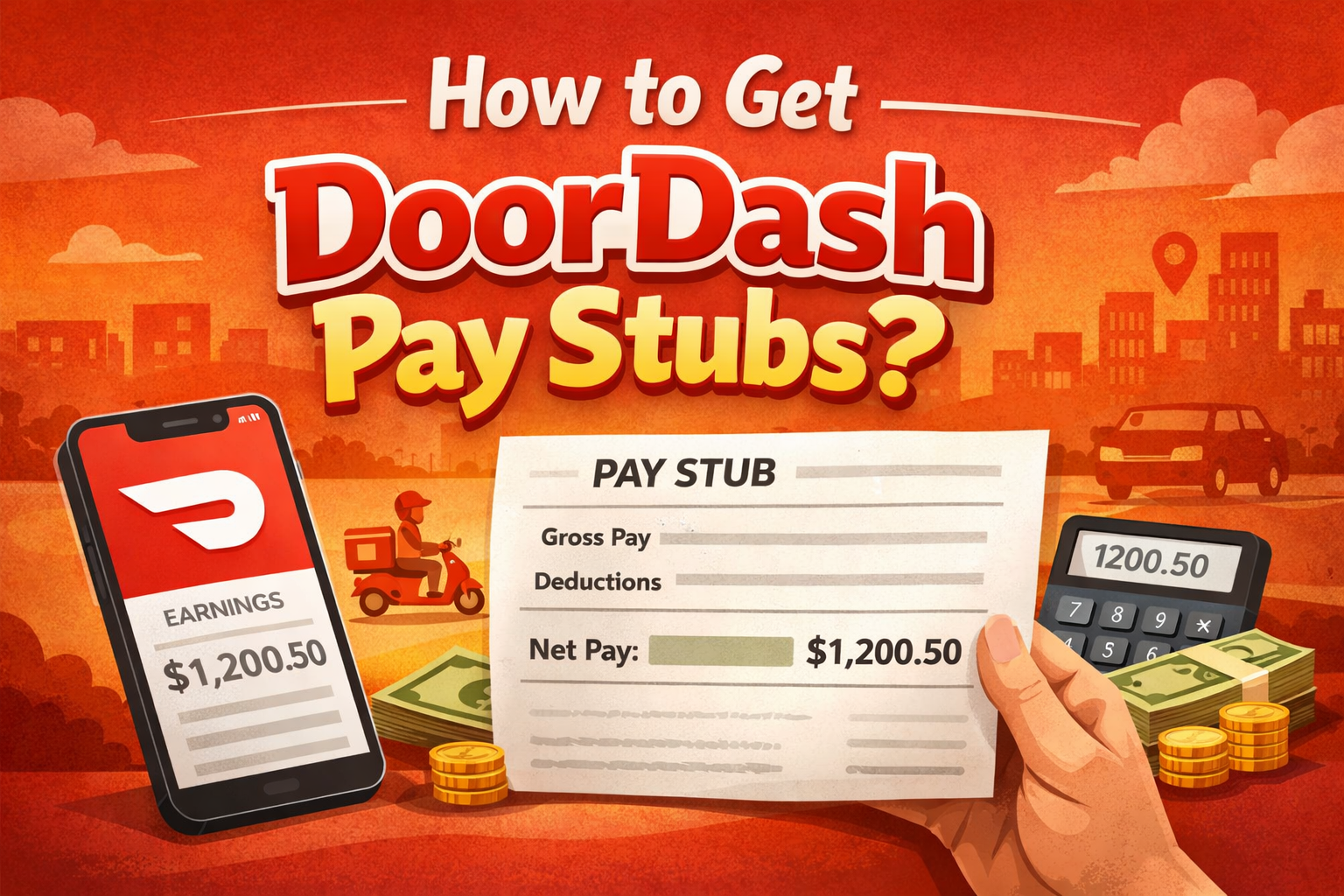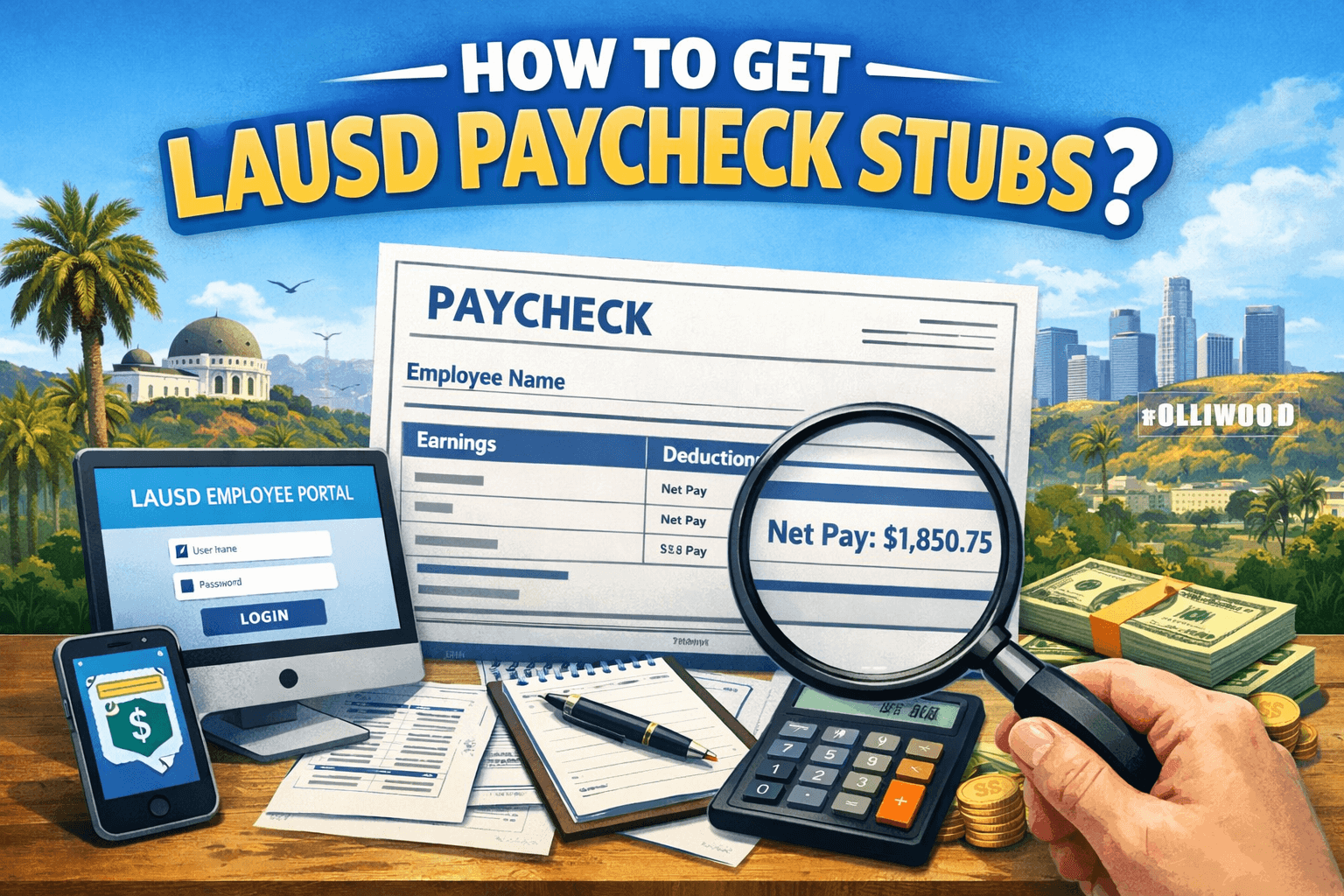Medicare Tax (MED) is a federal payroll tax. It helps pay for Medicare, which is the health insurance program for people over 65, or certain younger people with disabilities. It’s taken directly from paychecks, similar to Social Security tax.
Both employees and employers are responsible for paying Medicare tax. Unlike Social Security, there’s no cap on how much income is taxed, so people with high salaries continue to pay the tax on all their wages. For employees, this means the tax is always deducted automatically. Employers also have to match it, which makes it part of the overall payroll cost.
How Medicare Tax Works
For most people, 1.45% of your wages is taken out for Medicare tax. Your employer adds the same amount, so together it’s 2.9%. If you earn a lot — over $200,000 for single filers or $250,000 for married filing jointly — an extra 0.9% is added to your share. Employers do not pay this extra portion.
Medicare tax is withheld every pay period. It shows on your W-2 at the end of the year. Payroll systems also track it alongside other payroll items like YTD tax and post-tax deductions.
This tax is different from contributions to retirement accounts or benefits. If you use our Free Paystub Generator, Medicare tax is automatically calculated so employees see exactly how much is withheld.
Medicare Tax vs Social Security Tax
Both taxes are part of FICA, but they work differently. Social Security tax has a cap ($160,200 in 2023), so wages above that aren’t taxed for Social Security. Medicare tax, however, continues on all income.
| Tax | Employee Rate | Employer Rate | Wage Limit | Notes |
| Social Security Tax | 6.2% | 6.2% | $160,200 (2023) | Only applies below cap |
| Medicare Tax | 1.45% | 1.45% | No cap | Extra 0.9% for high earners |
This table shows why high earners pay more in Medicare tax than in Social Security, especially when the extra 0.9% kicks in.
Who Pays Medicare Tax (MED)?
Everyone who earns wages pays Medicare tax. Employees see the deduction on their pay stub. Employers have to contribute the same amount. Self-employed people are responsible for both parts, so they pay 2.9% total, plus the extra 0.9% if their income exceeds the threshold.
Even companies running multi-state payroll calculate Medicare tax the same way — federal rules always apply. State differences don’t affect it.
Special Cases / Additional Medicare Tax
If you make over $200,000 (single) or $250,000 (married), an additional 0.9% is added. Employers don’t pay this extra part. For self-employed individuals, the total tax includes both the 2.9% regular part and any extra 0.9% if applicable.
Some payroll mistakes happen here. Employees might not realize the extra 0.9% applies only to them and not their employer. Also, if payroll software isn’t updated, the extra tax may not be withheld correctly. Using our Free Paystub Generator ensures this is handled correctly.
Medicare Tax for Self-Employed
Self-employed workers pay both employee and employer shares. So for most, that’s 2.9% total. Add the extra 0.9% if income is high. This is calculated when filing Schedule SE with the IRS.
Tracking this can be tricky for small business owners or freelancers who also have other payroll items like 401k contributions or post-tax deductions. Not tracking it correctly can cause tax penalties.
Payroll Considerations
Medicare tax appears on pay stubs as a separate line item under federal taxes. Employers need to make sure the amounts are accurate to avoid issues at year-end. It’s also part of payroll registers and used to calculate things like YTD tax totals.
Some common mistakes include forgetting to add the extra 0.9% for high earners, confusing it with Social Security tax, or not updating payroll for IRS rate changes. Our Free Paystub Generator takes care of this automatically.
Common Payroll Mistakes
- Mixing Medicare tax with Social Security.
- Forgetting the extra 0.9% for high-income employees.
- Payroll software not updated after IRS changes.
- Not including Medicare tax in year-end reporting correctly.
FAQs About Medicare Tax (MED)
Q1. Is Medicare tax mandatory?
Yes. Every employee and employer must pay it.
Q2. Does Medicare tax have a limit?
No limit for regular tax. But the extra 0.9% only applies if you cross income thresholds.
Q3. Who pays the extra 0.9%?
Only high-earning employees. Employers don’t pay this extra portion.
Q4. How is Medicare tax shown on pay stubs?
It shows as a separate federal tax deduction. You can include it using Free Paystub Generator.
Q5. Self-employed pay differently?
Yes, they pay both parts (2.9%) plus the extra 0.9% if income is above threshold.
Q6. Multi-state payroll changes anything?
No, federal rules apply for all states.
Q7. Common mistakes with Medicare tax?
Extra tax missed, confusing it with Social Security, outdated payroll rates.







